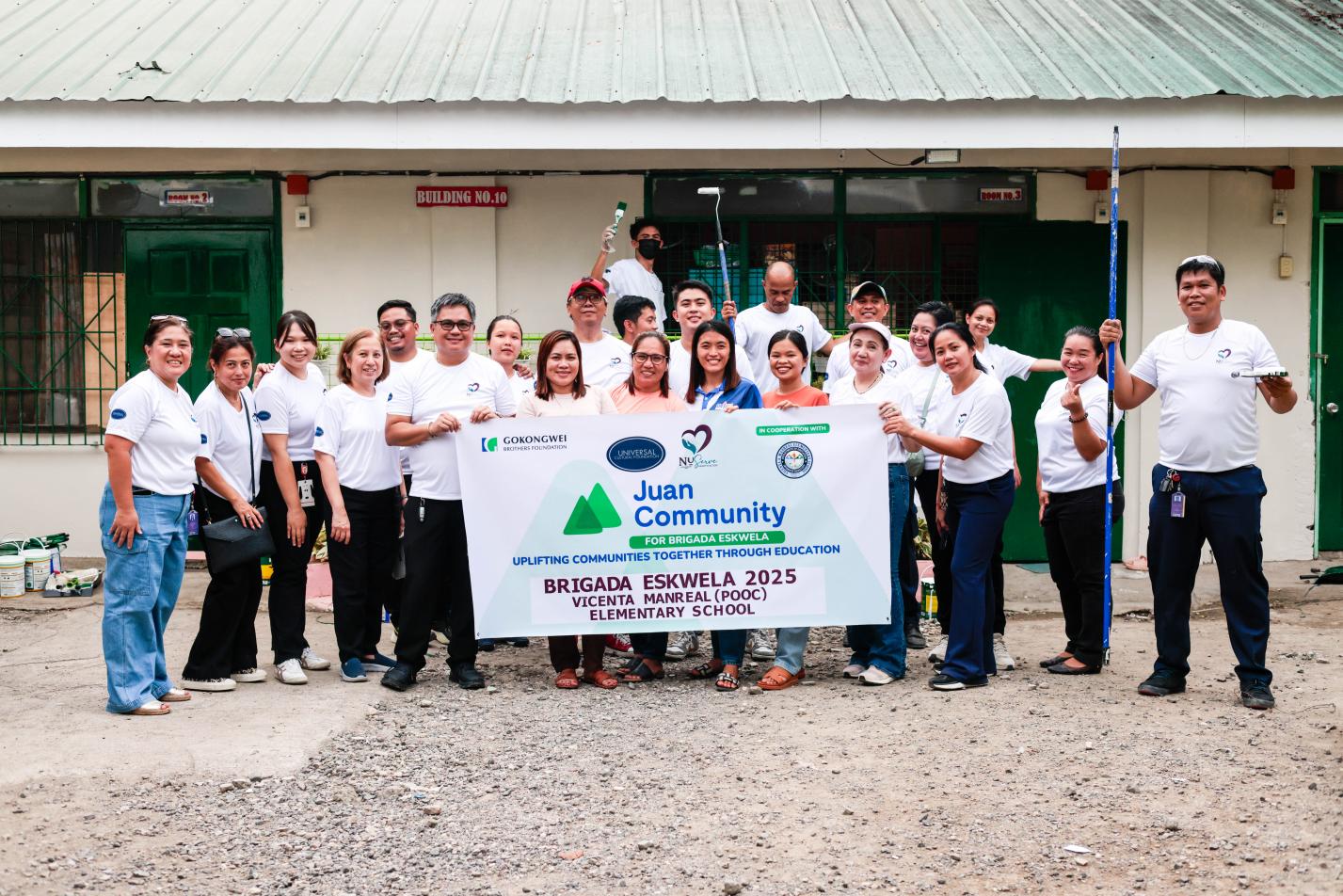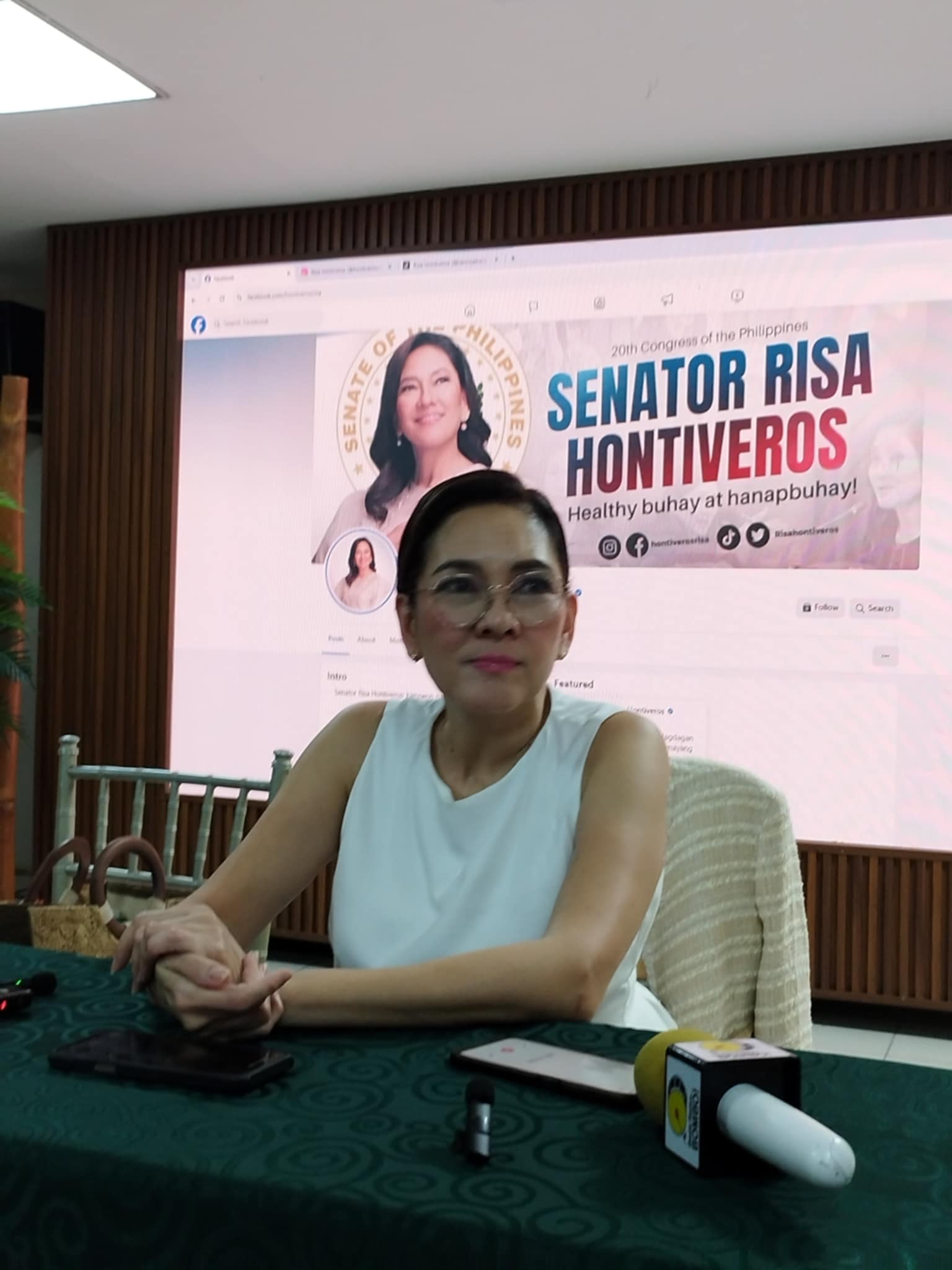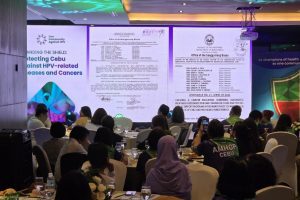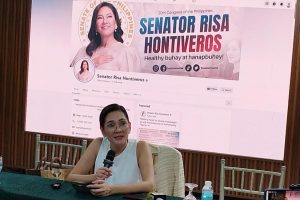PUBLiCUS Asia Inc, a leading Manila-based political consulting firm with Southeast Asia region as a practice area has launched several political applications for the 2025 election cycle. Two proprietary applications, Centurion and Radix, were launched in 2023 and 2024. Centurion is an application that is available both in Apple and Google which serves as a digital command center for any national candidate with four core functionalities: Constituent Relationship Management (CRM) to efficiently manage voter data and engagement; Political Mapping to provide geographic insights into voter distribution and campaign hotspots; Online Surveys to collect voter feedback and shape campaign strategies; and a Mobile App designed for the registration of supporters, enabling streamlined onboarding and data collection. Radix, on the other hand, is an application for building relational databases and serves as an end-to-end Constituent Relationship Management (CRM) platform designed to connect and manage constituents with LGU programs.
Centurion was initially deployed during the barangay elections in three (3) key locations: NCR, Nueva Ecija and Cotabato City to gain knowledge from its use by geographical areas. Radix is currently deployed in key local areas for cleaning databases, updating and comparing the same with the Voters File. This would allow campaigns to directly deal with actual voters.
Two other softwares will be introduced in the May 2025 elections and these are Intuitus, a media buying platform for targeted digital advertising, relying heavily on audience insights and Verx, an innovative tool to mobilize supporters, voters and constituents from bottom up.

According to Malou Tiquia, Founder/CEO of Publicus Asia, “the trend worldwide is the use of various softwares in political consulting as well as political management from end-to-end and through geolocation analysis thereby allowing a more in-depth analysis of data.” The intent of a campaign is to find out how to attract enough votes to ensure victory. And the use of political applications allow data to be within reach and means of campaign teams. “Today, data informs strategy.”
Campaigns use analytics to allocate what can be scant resources depending on funding, optimize who to contact to raise funds, inform messaging and learn as much as possible about potential voters to make decisions about how to get those potential voters to vote for their candidates.
Chief Technology Strategist Picasso dela Cruz stressed, “data collection, analysis, and interpretation have transformed the way political campaigns are run, allowing candidates to acquire insights into voter behaviour, build focused strategies, and make informed judgements.” We see “Artificial intelligence (AI) and predictive analytics will continue to grow in political data science in the coming elections.” AI has already been used to predict election outcomes and public opinion on various issues in other countries.
Tiquia added, “technology will allow us to understand voter behavior better so that campaigns can be tailored to target specific audiences.” In addition, AI can automate tedious tasks such as collecting data from multiple sources or analyzing large datasets.

PUBLiCUS Asia Inc was established in 2003 and has introduced various technologies from the Perception Analyzer to the use of Ubermetrics and Computer Assisted Personal Interviewing when it comes to polling. It has likewise introduced the use of a market panel for the conduct of its quarterly PAHAYAG surveys, a Corporate Social Responsibility of PUBLiCUS which started in 2017.












